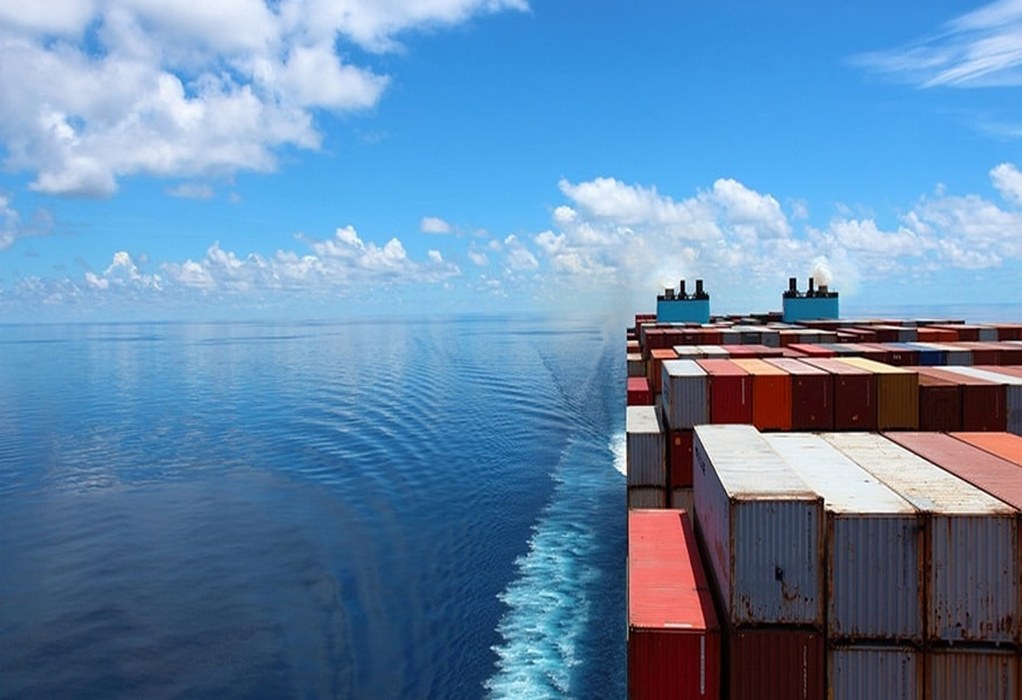Hyundai Heavy Industries Group has succeeded in developing a hybrid engine that uses a mixture of liquefied natural gas (LNG) and hydrogen for the first time in Korea. Korea Shipbuilding & Offshore Engineering and Hyundai Heavy Industries Co. announced that they have successfully completed the performance verification of the 1.5MW LNG/hydrogen hybrid engine (HiMSEN).
The LNG/hydrogen hybrid engine is an eco-friendly engine that significantly reduces the emission of various harmful exhaust gases such as sulfur oxides, nitrogen oxides, carbon dioxide and fine dust by selectively using diesel fuel and LNG/hydrogen mixture fuel. It is the first stage of hydrogen engines. In a performance test, this engine met the conditions of Tier 3, the highest grade among nitrogen oxide regulations set by the International Maritime Organization (IMO), proving its strong effects on reducing carbon dioxide and methane slips.
If an LNG/hydrogen hybrid engine is applied to a liquefied hydrogen carrier, it will be able to further maximize the effects of ship operations. This is because the hydrogen lost during a voyage can be minimized by reusing hydrogen boil off gas (BOG) generated during the transportation process as fuel.
The LNG/hydrogen hybrid engine is expected to come in handy in land-based small power generation and distributed power generation. This is because the LNG/hydrogen hybrid engine has a longer lifespan than hydrogen fuel cells for small-scale onshore power generation and is excellent in adjusting power generation output according to changes in electrical loads.
Tags: Hybrid, Hydrogen, Hyundai Heavy Industries, IMO



Recent Posts
Seafarer Wellbeing Highlighted in New Decarbonisation Guidance from ISWAN
India Outlines Green Hydrogen Strategy at World Hydrogen Summit 2025 in Rotterdam
Port of Rotterdam and EDGE Navigation Partner to Advance Liquid Hydrogen Infrastructure
Finnlines Launches Low-Carbon “Green Lane” Sea Transport Service with Up to 90% Emission Cuts
Microsoft Teams Up with NORDEN to Cut Maritime Supply Chain Emissions
Höegh Autoliners’ Fifth Aurora-Class PCTC Enters Service with Multi-Fuel Capability
Next-Gen Marine Propulsion: MAN Launches Methanol Super Engine
Port of Amsterdam Marks First Ship-to-Ship Methanol Bunkering